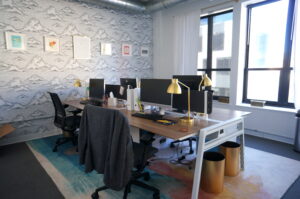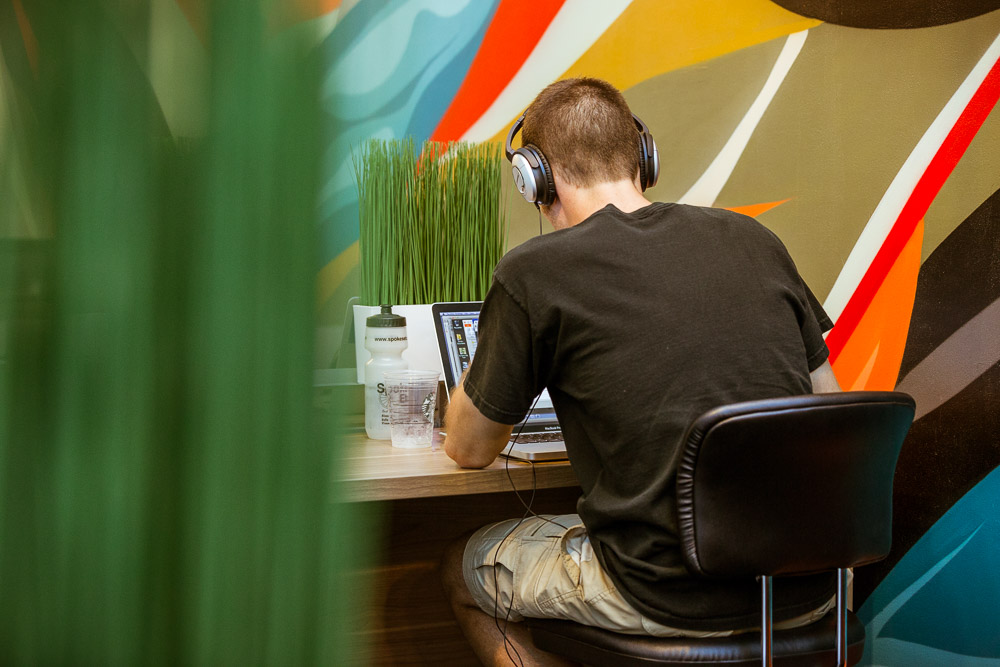
When it comes to designing a coworking space, we believe in offering members a variety of workspaces. While coworking in a large, open space builds community, people and businesses have varied needs—and we try to meet all of those.
“I think it’s important to offer a mix of different work environments to match the types of work individuals do throughout a given day,” says Platform Coworking owner Jeff Park. “While our members often have a single job title, they fill multiple roles, so their tasks change and our goal is to provide them with the proper space for all of those.”
Toward that goal, we offer three types of spaces: unassigned spaces in a communal setting, assigned spaces (a dedicated desk), and private offices. It’s key to have a good balance between these three styles and, going forward, we’ll be focusing on creating more shared private areas so that our members can use them for a phone call or a meeting.
Varied Workspaces Are Key
When it comes to coworking, sound privacy is the most important in our experience. Break out spaces and phone booths are effective ways to provide privacy. We’re working to make these areas into something more like mini lounges or mini conference rooms. “We’re approaching these like they’re a cross between your living room and a library, both comfortable and inviting,” says Park. “I see some spaces that are entirely open and there doesn’t seem to be much dedicated to focus-based work. It’s important to have a balance.”
While we do offer private offices, we think it’s important for these types of spaces to be available to all of our members. They’re a public resource and are first come, first serve, so they’re different from a private office. We find that sound privacy is usually more important than visual privacy. So, in addition to private phone booths and mini conference rooms, we put a premium on semi-public breakout spaces throughout our space where members can make a quick phone call and/or simply change their working environment to suit their needs.
“Providing these areas is a fundamental part of how our current and future spaces are and will be conceptualized in terms of different working styles and the actual flow of the space,” says Park. “People get calls randomly throughout the day, it’s not something you can plan for, so those private or semi-private spaces need to be close to communal areas. Even in one day people differ in their working patterns, from needing to be on a call with other team members and clients, to executing whatever was decided on that morning call, so we’re trying to model our spaces to closely follow people’s actual work patterns.”
Coworking In Private
Some people simply prefer a dedicated, private workspace. Perhaps they are on the phone constantly throughout the day and don’t want to subject others to their daily business. As many do prefer private offices, it’s key to provide enough of those to meet demand.
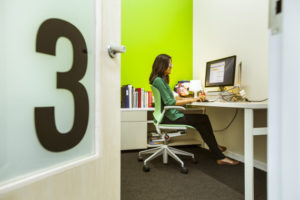 Our coworking space in Chicago’s Wicker Park neighborhood is composed entirely of private offices. Still, we see members building community and benefitting from the traditional aspects of coworking. “Our members in Wicker Park acquainted themselves with their neighbors very quickly,” says Park. “So that community component is still there, regardless of whether they’re working in private offices or shared space. I think that happens because it’s the same people working in that space every day and they become accustomed to each others’ routines and work styles.” That’s different from Platform Coworking in Ravenswood where members come in at different times, on varied schedules, and without as much consistency. Both models seem to work and we’ll continue mixing and matching them as we expand into new spaces.
Our coworking space in Chicago’s Wicker Park neighborhood is composed entirely of private offices. Still, we see members building community and benefitting from the traditional aspects of coworking. “Our members in Wicker Park acquainted themselves with their neighbors very quickly,” says Park. “So that community component is still there, regardless of whether they’re working in private offices or shared space. I think that happens because it’s the same people working in that space every day and they become accustomed to each others’ routines and work styles.” That’s different from Platform Coworking in Ravenswood where members come in at different times, on varied schedules, and without as much consistency. Both models seem to work and we’ll continue mixing and matching them as we expand into new spaces.
The Future Of Coworking Space & Office Design
When we look at a properly designed coworking space, there are many intangibles and it’s something that’s hard to quantify, but it can be done. It’s evident when you haven’t taken the research into consideration. We’re constantly looking toward the future when it comes to the design of our spaces. “I think incorporating research-based design will drive the direction of how future spaces are built and I think it’s still early in that process,” says Park. “There are design companies out there doing really good work in taking a quantitative approach to design and how it influences work flow.
“In the past, office environments were organized by hierarchy. The whole framework of cookie cutter offices and cubicle farms is thankfully becoming extinct but there is still a lot of room to try and establish what the office of the future looks like,” Park continues. “We’re trying to collect as much data as we can and those poised to do this successfully are standing in a convergence of anthropologists, sociologists and designers who take a quantitative approach. It’s been neglected on a widespread scale and finally it’s starting to evolve.”
These are all thoughts that have been on Park’s mind since he first helped pioneer coworking in Chicago. “This is how we’re thinking today but it might change tomorrow based on feedback, it’s fluid in nature,” he says. “We’re constantly making incremental changes to see what works and what doesn’t, but adding more work environments into the mix is definitely a priority.”


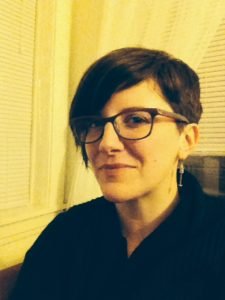 Platform Coworking member Heather Brown left academia to embrace flexibility in her life.
Platform Coworking member Heather Brown left academia to embrace flexibility in her life.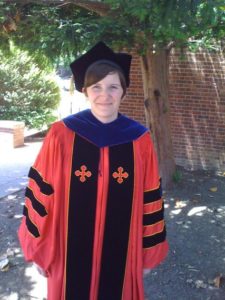 Her clients come from a broad spectrum of careers but tend to be involved with “knowledge work.” Like Brown, many hail from academia. Others include directors for non-profits, artists and writers, and most are trying to figure out how to build a new career path that encompasses their wide-ranging skills and interests. It’s a process: “My job is to help people tap into their potential and create work on their own terms,” says Brown. “We start by creating a scaled list of values, then establish whether they’re living up to them. Then, we work out next steps on a weekly basis and longer term. A big part of the job of a coach is to keep a record of someone’s story about themselves, so I pay attention to our initial conversation, to learn what is behind what they’re saying. I remind them what’s important and hold them accountable. Essentially, we’re charting growth and making sure to stay on track.
Her clients come from a broad spectrum of careers but tend to be involved with “knowledge work.” Like Brown, many hail from academia. Others include directors for non-profits, artists and writers, and most are trying to figure out how to build a new career path that encompasses their wide-ranging skills and interests. It’s a process: “My job is to help people tap into their potential and create work on their own terms,” says Brown. “We start by creating a scaled list of values, then establish whether they’re living up to them. Then, we work out next steps on a weekly basis and longer term. A big part of the job of a coach is to keep a record of someone’s story about themselves, so I pay attention to our initial conversation, to learn what is behind what they’re saying. I remind them what’s important and hold them accountable. Essentially, we’re charting growth and making sure to stay on track.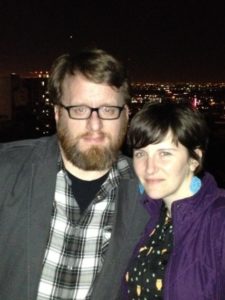 Brown and her husband moved to Chicago in 2013 from New Jersey, where they both worked from home. Coming to a new city, they were both looking for a fresh model when it came to their workspace. “I had heard about coworking and did a tour of Platform and really loved it and loved Ravenswood,” says Brown. “I like my neighborhood (Portage Park) but I like having a reason to explore another one.
Brown and her husband moved to Chicago in 2013 from New Jersey, where they both worked from home. Coming to a new city, they were both looking for a fresh model when it came to their workspace. “I had heard about coworking and did a tour of Platform and really loved it and loved Ravenswood,” says Brown. “I like my neighborhood (Portage Park) but I like having a reason to explore another one.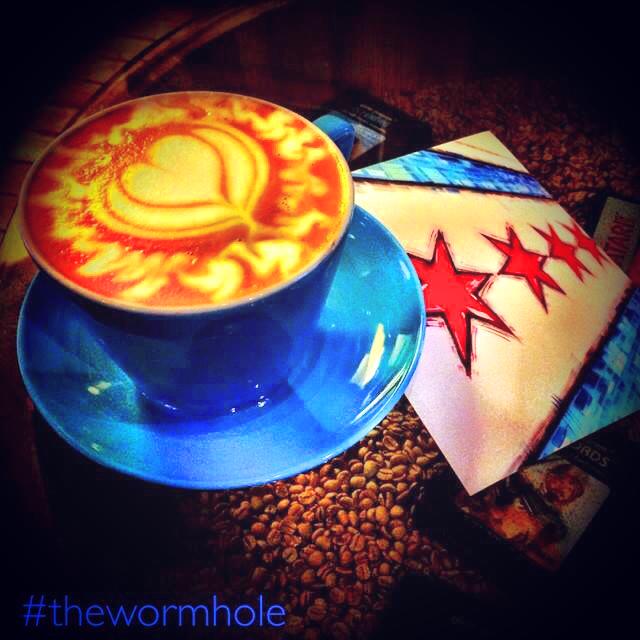
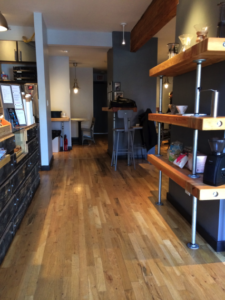 This dedicated-to-the-craft-of-coffee shop is fresh off a significant remodel that’s made it an even more comfortable spot to hang out or get some work done. They take their coffee seriously. Expect to find rare and hard to find specialty coffees, expertly prepared right in front of you. There are also a few sidewalk tables, perfect for savoring your drink in fair weather. They also have a nice assortment of specialty coffee merchandise and are quick with advice as to how to use it.
This dedicated-to-the-craft-of-coffee shop is fresh off a significant remodel that’s made it an even more comfortable spot to hang out or get some work done. They take their coffee seriously. Expect to find rare and hard to find specialty coffees, expertly prepared right in front of you. There are also a few sidewalk tables, perfect for savoring your drink in fair weather. They also have a nice assortment of specialty coffee merchandise and are quick with advice as to how to use it. 
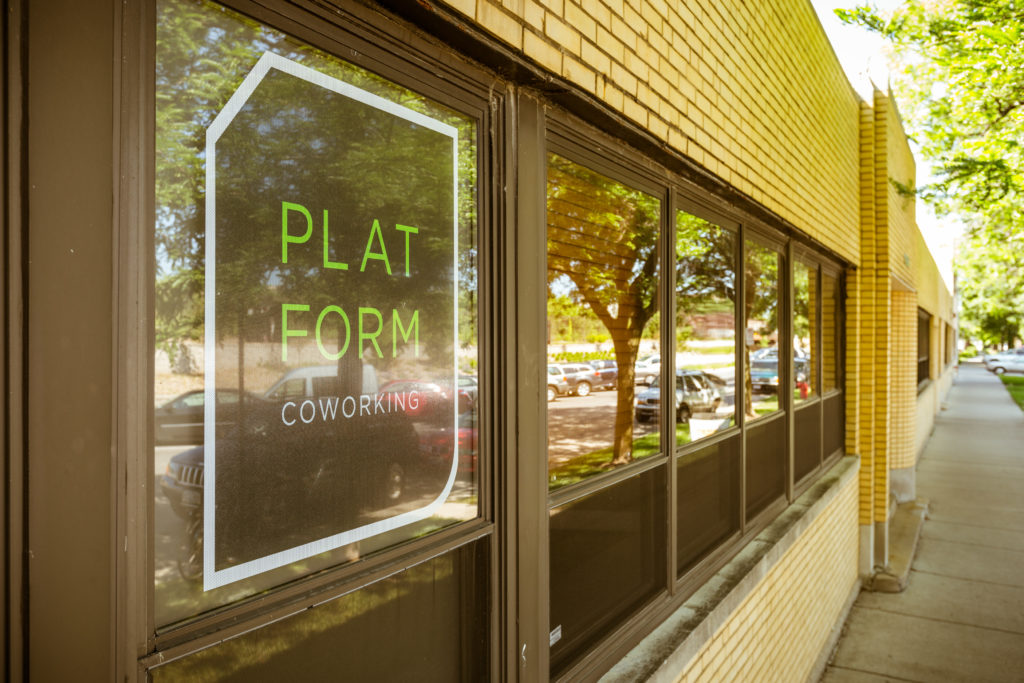
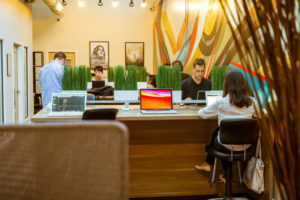 At that point, Platform Coworking came to life and moved to our current location, 4422 N. Ravenswood Ave., just 300 feet from the Delta Building and things got more serious—and thoughtful.
At that point, Platform Coworking came to life and moved to our current location, 4422 N. Ravenswood Ave., just 300 feet from the Delta Building and things got more serious—and thoughtful.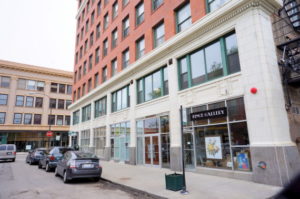 The second Platform Coworking location opened in Chicago’s Wicker Park neighborhood in the spring of 2014. “For me, it’s about finding a place to work with other people in your neighborhood and this wasn’t available, and largely still isn’t available, because it’s been hijacked by the tech and start up scene,” says Park. “As far as Wicker Park, it’s close to public transportation, there are tons of great restaurants, nightlife and coffee shops, and people actually live there. It’s a different demographic and we fit right in.
The second Platform Coworking location opened in Chicago’s Wicker Park neighborhood in the spring of 2014. “For me, it’s about finding a place to work with other people in your neighborhood and this wasn’t available, and largely still isn’t available, because it’s been hijacked by the tech and start up scene,” says Park. “As far as Wicker Park, it’s close to public transportation, there are tons of great restaurants, nightlife and coffee shops, and people actually live there. It’s a different demographic and we fit right in.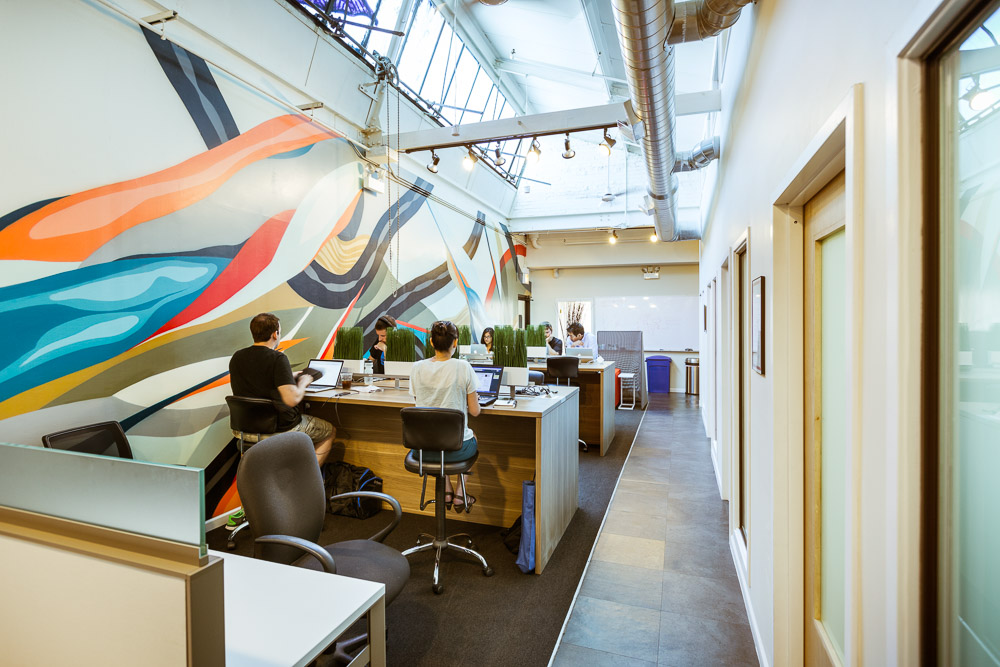

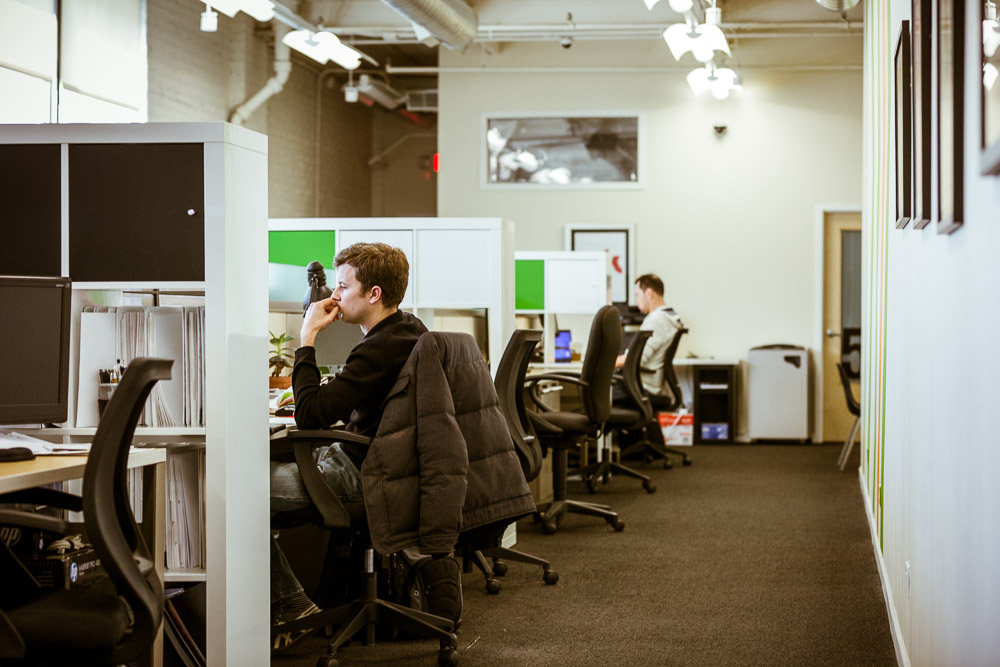
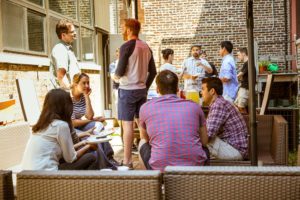 “You don’t want to build dehumanizing cubicle farms, but you need some kind of separation when you need to concentrate and get things done. Our spaces are set up so that our clients are free to seriously concentrate and get work done, but when they feel the need to surface and give their brain a rest, we have the amenities and fellow human beings for them to do so,” says Park. “It’s how we like to work and we feel the diversity of our clients speaks for itself.
“You don’t want to build dehumanizing cubicle farms, but you need some kind of separation when you need to concentrate and get things done. Our spaces are set up so that our clients are free to seriously concentrate and get work done, but when they feel the need to surface and give their brain a rest, we have the amenities and fellow human beings for them to do so,” says Park. “It’s how we like to work and we feel the diversity of our clients speaks for itself. 